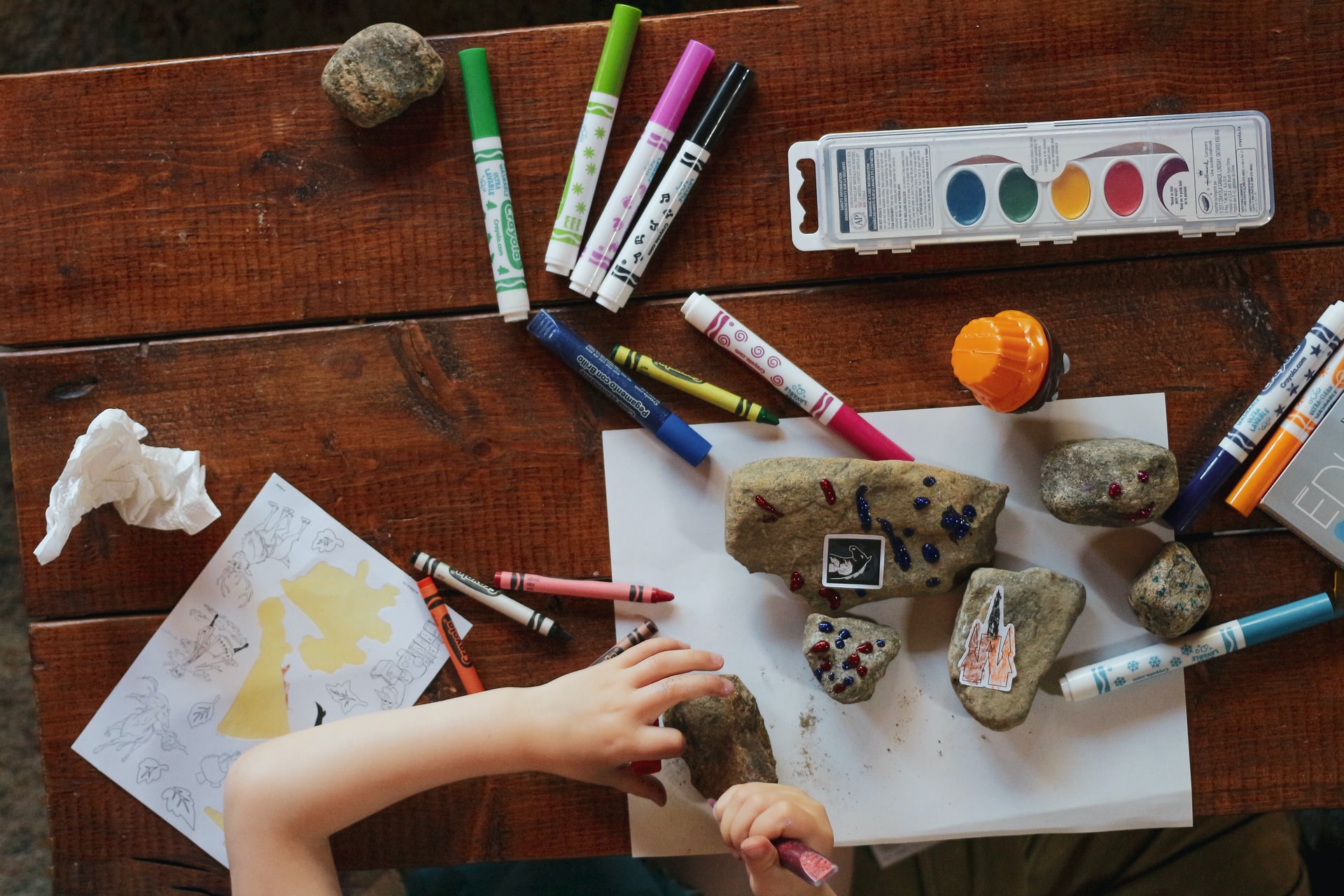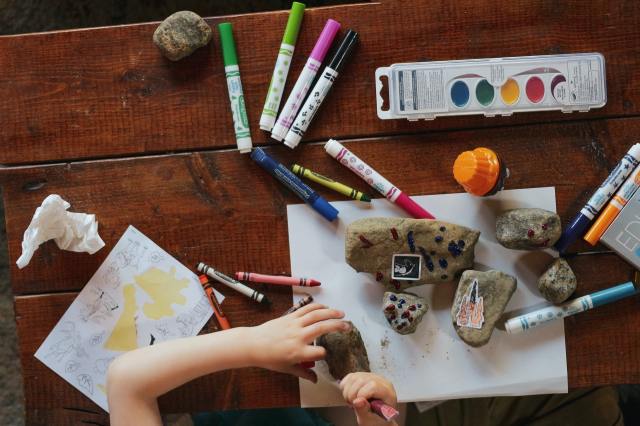
There’s a kind of amnesia that happens after giving birth—as the weeks pass, somehow the memories of the agony (and the tearing!) become muted, and we look back on it as something we can know was difficult without actually being able to remember how it almost literally ripped us apart.
Many parents are in a similar situation with distance learning right now. They can look back at last year and think “yup, that was hard…” without remembering how it almost literally ripped us apart as well.
Parents in Las Vegas are worried that Zoom-school is just around the corner, and for children in several counties in Georgia it’s already here, prompted by a sudden increase in COVID cases among students.
Are we going to do another semester of Zoom-school? Or maybe even another year (if infection rates remain high for the unvaccinated even after the vaccine is available for children)?
Can we make it through another semester (or year?!) of Zoom-school?
If you’re considering homeschooling instead, it’s really important to know that just because Zoom-school is at home, you’re not actually ‘homeschooling.’
Here are the top 5 ways that real homeschooling is more interesting, fun, and way less stressful than Zoom-school:
1. Your child doesn’t have to be on Zoom all day! While it might seem like you need Zoom-school to keep them occupied, if you have to continually bribe (or threaten) your child to do it, this is probably creating a good deal of angst for both you and your child. When you take Zoom out of the equation you don’t have to coerce them into participating in learning any more, which frees up a lot of time and energy for more fun things…
2. In most locations, you can pretty much do whatever you want for homeschool. New York State has some of the most restrictive rules, requiring you to submit a notice of intent to homeschool, an annual plan for the year, compliance with instructional hours requirements, file quarterly reports with the school district, and test your child each year (or submit a narrative evaluation by a certified teacher).
Several states (Oklahoma, Illinois, Indiana, and others) don’t even require that you let the district know you’ll homeschool; other places fall in between.
3. You can support your child’s social and emotional growth. Schools do nominally foster “Social and Emotional Learning” (SEL), but most often this is done with a purpose of making the child more compliant with the teacher’s need for a quiet classroom. At home, you can help them understand what’s happening in their bodies when they feel dysregulated, how they can calm themselves if they want to—and when it’s appropriate to be angry (e.g. when they witness injustice), how to express that.
And schools might seem like they provide a place where children from different backgrounds can mix but in reality, most children self-segregate by factors like age and race. But homeschooled children make connections with people based on shared interests like gardening (which connects my daughter to our retired neighbors as well as the Black and Indigenous managers of the local community garden) to form genuine friendships.
4. You can follow your child’s interests. We all learn most effectively when we follow our interests. I remember the first time I used the internet—I was looking for bus schedules and an hour later I was deep into the history of breadmaking. Links are amazing!
In school, the curriculum is set by bureaucrats who have no connection to your child’s district, school, or life. Because of this, curriculum-based learning can never be truly responsive to our child’s interests—which is why we have to bribe them using grades, behavior management charts, and the threat of losing recess. Nobody wants to learn things that have no connection to what’s going on in their daily lives.
You can use a curriculum for homeschool but if you do, you’ll bring all the most difficult parts of school into your home, and you’ll lose time and energy for the stuff that’s really fun—like following the links from today’s interest to tomorrow’s fascination.
5. Your child will maintain their intrinsic love of learning. Young children have an intrinsic desire to learn—it’s how they achieve milestones like rolling over, walking, and talking. Research has shown that most children lose this love of learning in the first couple of years of school—instead of asking questions about how the world works, suddenly the only things they want to know are whether they have to do something, and how to do a task the teacher has asked them to do.
When you aren’t coercing your child into spending hours each day doing something they don’t enjoy, they’re more likely to keep seeing learning as enjoyable. They’ll be driven to keep doing it for the sheer fun of it.
If you think that homeschooling might be right for your family but you’re still not sure (or you just want to hear more about the hard parts and not only the fun parts!), The Confident Homeschooler Short Course was designed for you. It has all the (research-based) information you need to make the right decision about homeschooling for your family, plus bonus interviews with experts (like a math tutor and the person who wrote the book on how to choose a curriculum, in case you do decide you want one) and with families who are homeschooling who want to help you avoid the same mistakes they made.
And here’s a bonus tip: the decision to homeschool is never forever. You can change your mind and put your child back in school whenever you like if it doesn’t work out!
RELATED:
I Was Homeschooled as a Child. This Is What I Think about It Now
Homeschooling Resources for Parents











